Home » Our Porducts
Reach out to us for inquiries, orders, or collaborations. We’re here to serve you!
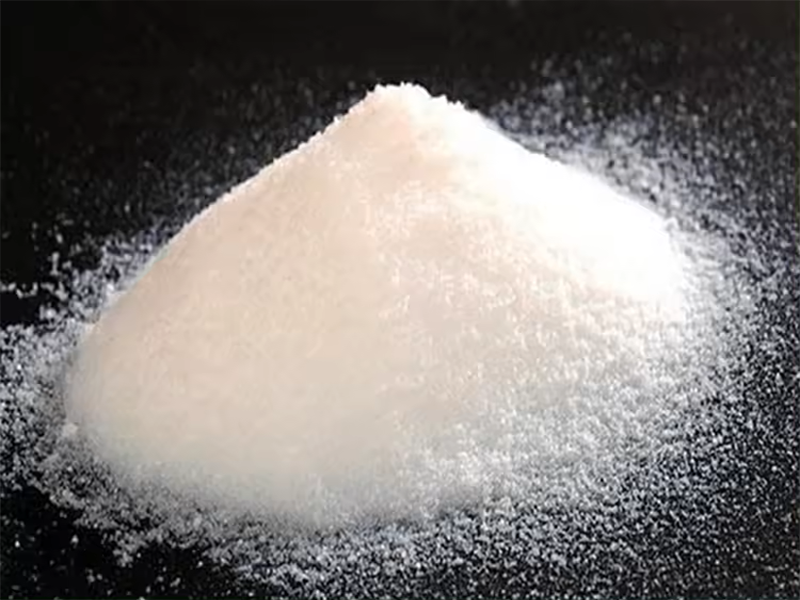
Microsilica white, often overshadowed by its grey counterpart, offers a unique advantage – the exceptional strength-enhancing properties of microsilica combined with a bright white color. This makes it the ideal material for architectural applications where aesthetics and performance are equally important.
Beyond Strength, A Brighter Vision
Microsilica white, also known as white silica fume, is composed of ultra-fine particles that function similarly to grey microsilica. It fills microscopic voids within concrete, leading to a denser and remarkably stronger matrix. This translates to significantly improved compressive and flexural strength, allowing for the construction of structures that can withstand greater loads and stresses. However, unlike grey microsilica, the white color of this material opens doors for architects and builders to achieve:
Beyond Aesthetics: Durability You Can Trust
Microsilica white isn’t just about aesthetics; it inherits the exceptional durability benefits of its grey counterpart. Here’s how it benefits structures:
Applications and the Future of Microsilica White
Microsilica white is finding increasing favor in various architectural and construction projects:
As the demand for sustainable and visually appealing construction materials grows, microsilica white is poised to play a significant role in the future of architecture.
Embrace the Future of Construction with Microsilica White
Microsilica white goes beyond functionality; it’s a canvas for architectural expression. By incorporating this innovative material into your project, you’re not just building structures, you’re creating landmarks that stand the test of time, both functionally and aesthetically. Contact us today to learn more about how microsilica white can elevate your next architectural project.
Reach out to us for inquiries, orders, or collaborations. We’re here to serve you!
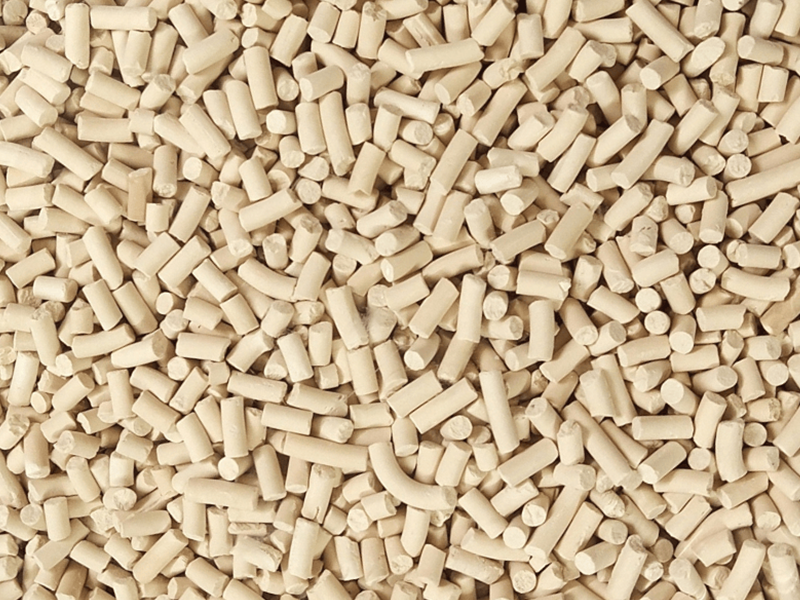
Molecular sieves, often referred to as synthetic zeolites, are the engineered cousins of natural zeolites. These star performers take the concept of selective separation and adsorption to a whole new level. Composed of uniform, microscopic pores with precisely controlled sizes, molecular sieves offer exceptional control over which molecules can pass through and which ones get adsorbed. This fine-tuned control unlocks a vast array of applications across various industries.
Unmatched Precision in Separation:
Imagine separating specific gas molecules from a complex mixture with unmatched accuracy. Molecular sieves excel at this task. Their precisely sized pores act like a highly selective filter, allowing only molecules of a specific size and shape to pass through. This makes them ideal for:
Beyond Separation: The Power of Adsorption
Molecular sieves not only excel at separation, but they also possess a remarkable ability to adsorb specific molecules onto their internal surfaces. This property finds applications in:
Molecular Sieves: A Flourishing Market
The global market for molecular sieves is anticipated to experience significant growth, driven by increasing demand for cleaner industrial processes, stricter environmental regulations, and the need for efficient moisture control in various applications.
Molecular Sieves vs. Natural Zeolites: Choosing the Right Tool
While both molecular sieves and natural zeolites offer selective separation and adsorption capabilities, some key differences exist:
Molecular Sieves: Powering Innovation Across Industries
With their exceptional control over separation and adsorption, molecular sieves are revolutionizing various industries. From ensuring cleaner air and efficient gas processing to preserving food products and enhancing animal feed, these engineered marvels offer a powerful toolkit for a more sustainable and efficient future.
Ready to harness the power of molecular sieves? Contact us today to explore how these versatile materials can benefit your operations.
Reach out to us for inquiries, orders, or collaborations. We’re here to serve you!
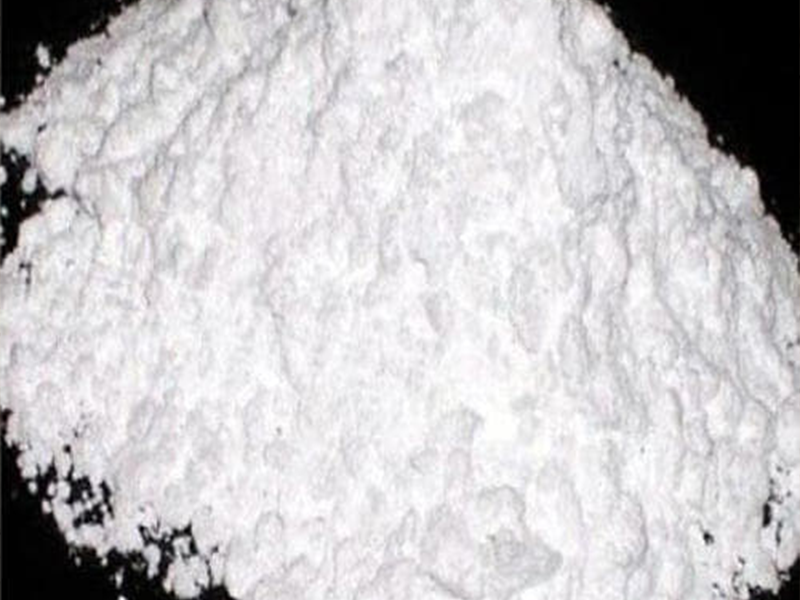
Precipitated silica, a seemingly ordinary white powder, hides a remarkable versatility that silently impacts our daily lives. Don’t be fooled by its unassuming appearance – this engineered material is a powerhouse with a wide range of applications across diverse industries. Its secret lies in its unique properties: a high surface area and the ability to exist in various particle sizes. Let’s delve into how precipitated silica shapes the world around us:
Industries Harnessing the Power of Precipitated Silica:
The diverse applications of precipitated silica extend far beyond the examples mentioned above. Here’s a glimpse into some of the key industries that utilize this remarkable material:
Precipitated Silica: Tailored Solutions for Diverse Needs
Precipitated silica isn’t a one-size-fits-all solution. Manufacturers can customize its properties by controlling particle size and surface area. This allows for tailored solutions across various applications. Available in a comprehensive range of grades and particle sizes, precipitated silica caters to the specific needs of each industry.
So, the next time you encounter a smooth paint finish, a durable tire, or a perfectly preserved food product, remember the silent hero behind it all – precipitated silica. Its versatility and diverse applications make it a cornerstone material in the modern world.
Reach out to us for inquiries, orders, or collaborations. We’re here to serve you!
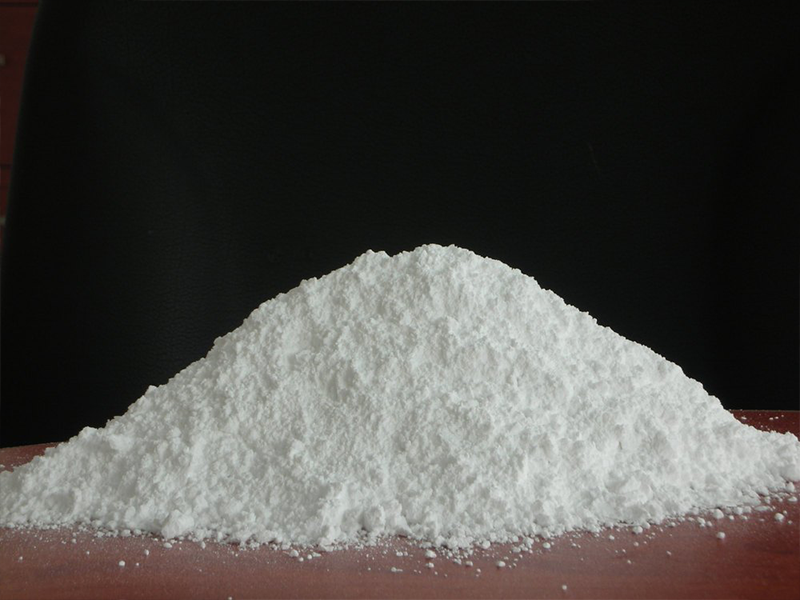
Silica powder, a seemingly ordinary material, hides a remarkable versatility. Available in various mesh sizes, like 325, 400, and 800, it offers a range of properties that make it a valuable asset across numerous industries, including construction.
The Power of Size: Decoding Mesh Numbers
The mesh number of silica powder refers to the size of its particles. A higher mesh number indicates finer particles. Here’s a breakdown relevant to construction applications:
Unveiling the Applications in Construction:
The specific mesh size of silica powder determines its suitability for various construction purposes:
Beyond Construction: A Diverse Material
The applications of silica powder extend far beyond construction. Here’s a glimpse into some other industries that utilize this versatile material:
Choosing the Right Silica Powder Mesh Size
The ideal mesh size for your application depends on the desired properties. In construction, 325 and 400 mesh silica powder are most commonly used. For tasks requiring a balance between cost and functionality in concrete or mortars, these mesh sizes are suitable. For specialized applications demanding exceptional strength or finer grouts, finer meshes might be explored.
Silica Powder: A Cornerstone Material for Diverse Needs
Silica powder, available in a range of mesh sizes, caters to the specific needs of various industries. Its ability to enhance concrete performance, improve grout and mortar properties, and act as a thickener, filler, desiccant, and more makes it a cornerstone material in the modern world.
By understanding the role of mesh size and its diverse applications, you can unlock the full potential of silica powder in your construction projects and beyond.
Reach out to us for inquiries, orders, or collaborations. We’re here to serve you!
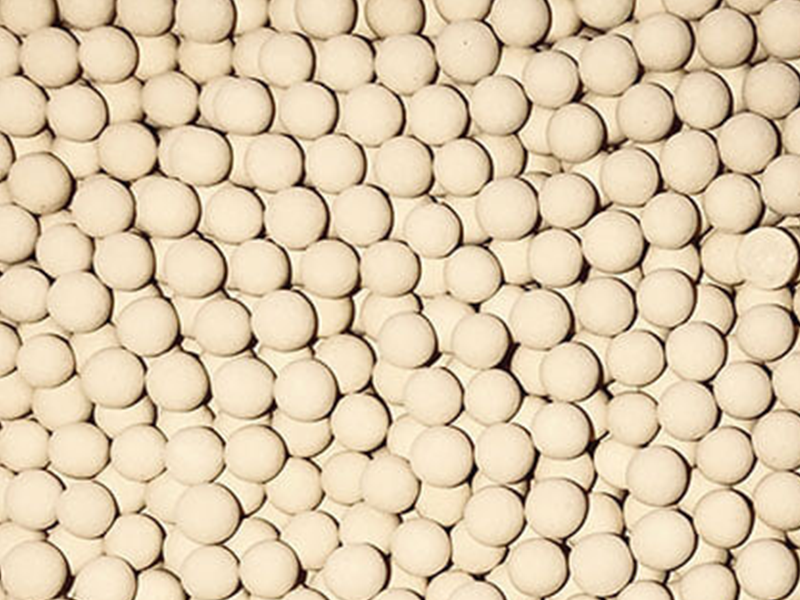
Zeolite isn’t just one material; it’s a family of remarkable microporous crystalline minerals with a talent for selective separation and catalysis. These natural wonders, often found in volcanic rock, have been joined by their engineered counterparts, zeolite beads. Both forms offer unique advantages across a wide range of industries.
Natural Zeolite: Nature’s Selective Adsorbent
Formed over millions of years through natural processes, natural zeolites possess a cage-like structure with pores of varying sizes. This allows them to selectively adsorb specific molecules based on size and shape. Here’s how natural zeolites shine:
Zeolite Beads: Engineered for Enhanced Performance
Engineered zeolites, often produced in the form of beads, offer several advantages over their natural counterparts:
Zeolite beads excel in various industries:
The Market for Zeolites: A Promising Future
The global zeolite market, encompassing both natural and engineered forms, is expected to witness significant growth driven by increasing environmental regulations and the demand for cleaner industrial processes.
Choosing the Right Zeolite: Natural or Engineered?
The ideal zeolite, whether natural or engineered in bead form, depends on your specific application. Natural zeolites offer a cost-effective solution for many environmental and agricultural applications. Zeolite beads, with their tailored properties and higher capacities, are preferred for demanding industrial processes.
Unlocking Potential with Zeolites
Natural and engineered zeolites offer a powerful combination of selective separation and catalysis. By understanding their unique properties and choosing the right form for your needs, you can unlock new possibilities in environmental remediation, industrial processes, and more. Contact us today to explore how zeolites can benefit your operations.
+91 93447 89767
+91 94440 36345
sales@m2exports.com
M2 Exports, Chennai – 600034

Exports India
M2 Exports India was incorporated in 2018 in Chennai, India.
Optimizing work hours for productivity, well-being, and work-life balance.
© Copyright 2024 M2 Exports India. All Rights Reserved by Digju.com